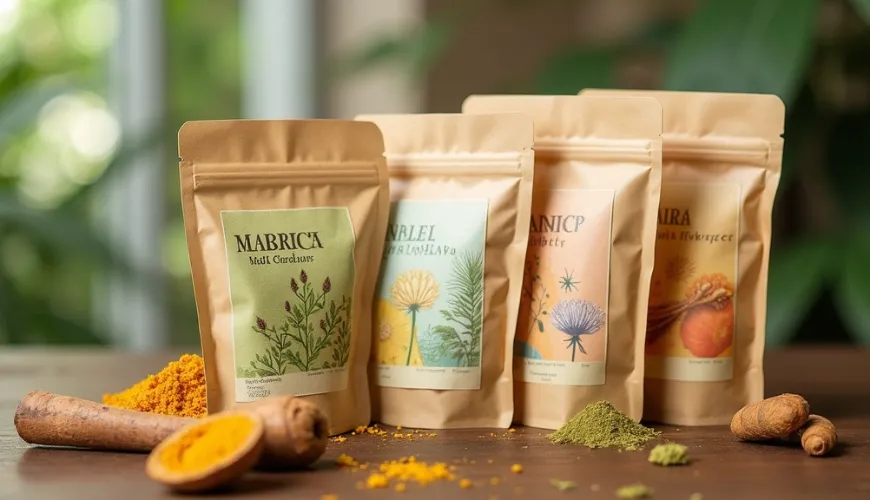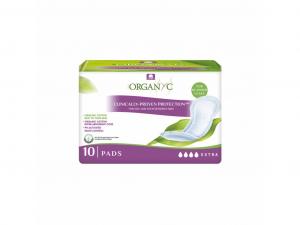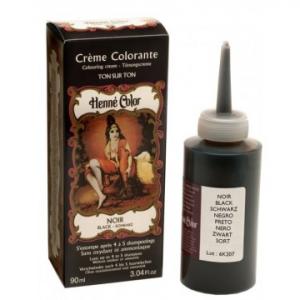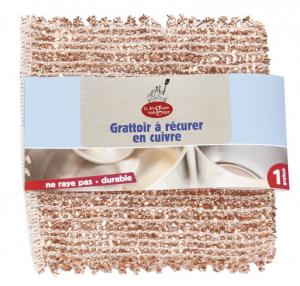
When to Drink Liver Tea and How to Make It Your Morning Ritual

In today's world, where a healthy lifestyle is increasingly a discussed topic, many people are turning back to natural methods of body care. One of the key organs often overlooked is the liver – inconspicuous yet incredibly important helpers in the functioning of our organism. The liver is responsible for detoxification, nutrient metabolism, bile production, and hundreds of other functions. Although rarely talked about, their health affects practically every aspect of our lives – from energy levels to skin condition. And one of the most natural ways to help them is by drinking herbal tea. But when to drink liver-supporting tea to make it truly effective?
Liver as the filter of life
The liver functions as a natural filter – about two liters of blood pass through it every minute, cleansing it of toxins. In the modern world, however, they are constantly under pressure. They process not only what we eat and drink but also toxins from the air, medications, alcohol, and stress hormones. When overloaded, they can fail in their detoxification function, impacting the entire organism. The first signs can be fatigue, digestive problems, irritability, or skin rashes.
This is where liver regeneration teas come into play. These include milk thistle, dandelion, turmeric, artichoke, or agrimony. These herbs support the renewal of liver cells, increase bile production, and help the body expel toxins. But if you're wondering when is the best time to drink liver tea, the answer isn't entirely straightforward. It depends on what effect you expect from it.
Morning ritual or evening cleanse?
When it comes to the ideal time to drink liver-supporting tea, it all starts with understanding how our circadian rhythm works, the body's biological clock. According to traditional Chinese medicine, the liver is most active between one and three in the morning – when most of us are asleep. This is their natural detoxification time. Thus, it is recommended to drink liver supporting teas in the evening before bed, ideally after a light dinner, to help the body during nighttime regeneration. A warm tea with milk thistle or dandelion can be an evening ritual that not only calms the mind but also gently activates detoxification processes.
Try our natural products
On the other hand, if the tea contains herbs that support digestion – such as immortelle, artichoke, or mint – then it's more suitable to consume it in the morning or after meals as it helps stimulate bile production and supports fat digestion. In practice, the answer can be divided based on the focus of the specific blend. Some teas are more for evening detox, others for digestive support during the day.
An example from everyday life? A young woman named Petra struggled with fatigue and poor skin for months. Medical examinations revealed nothing, but a nutritionist recommended a liver cleanse with milk thistle and dietary adjustments. Every evening, she started drinking a cup of herbal tea with milk thistle and nettle. Within two weeks, she felt a significant improvement – more energy, better digestion, and clearer skin. It turned out that sometimes a small change in daily routine can have a big impact.
The quality of tea matters
It's not just about timing; the quality of tea is also important. Many commercial teas contain only small amounts of active herbs or are flavored with synthetic aromas. If you truly want to support liver health, choose organically grown teas without pesticides and artificial substances. Ideally, those that contain whole plant parts – leaves, seeds, or roots – as that's where most active ingredients are found.
Ferwer.cz, for instance, offers a selection of herbal teas from brands that focus on sustainable production and quality ingredients. A bio-quality milk thistle tea not only has a stronger effect but also doesn't burden the body with additional chemicals.
Some people are concerned about the long-term use of herbs due to potential side effects. It's true that some herbs (such as strong detoxifying blends) may be unsuitable for pregnant women, individuals with liver disease, or those taking certain medications. It's always advisable to consult regular tea consumption with a doctor or qualified herbalist.
How to incorporate liver tea into your routine
Incorporating herbal tea into your daily regimen doesn't have to be complicated. The key is to create a lasting habit that is pleasant and easily sustainable. If you're a morning person, enjoy a cup of artichoke tea after breakfast. If you're looking for a way to calm the body and mind in the evening, reach for a blend with milk thistle, mint, or lemon balm.
One way to use tea most effectively:
- Morning after waking: artichoke or dandelion tea will boost metabolism and prepare the liver for daily operations.
- After meals: tea with mint, fennel, or turmeric will support digestion and reduce bloating.
- Evening before bed: tea with milk thistle, lemon balm, and nettle will support nighttime liver regeneration and overall relaxation.
It's also important to drink plenty of water during the day because without adequate hydration, the body cannot effectively eliminate toxins. Combined with herbs, water is a powerful cleansing tool.
"Healthy livers are like oil in an engine – if neglected, the whole machine starts to seize up," says renowned naturopath Andreas Moritz. Regular, gentle liver support can prevent many hidden problems that would otherwise manifest over time.
In today's hectic world, we seek quick solutions – a three-day detox, a smoothie instead of breakfast, a vitamin bomb in a pill. But liver health is a marathon, not a sprint. Herbal tea, regularly sipped at the right time of day, is a simple yet powerful step towards balance that can bring long-term results.
On the journey to health, we often look for complex answers, but sometimes all it takes is to stop, brew a cup of tea, and give the body space to do what it does best – heal itself.







